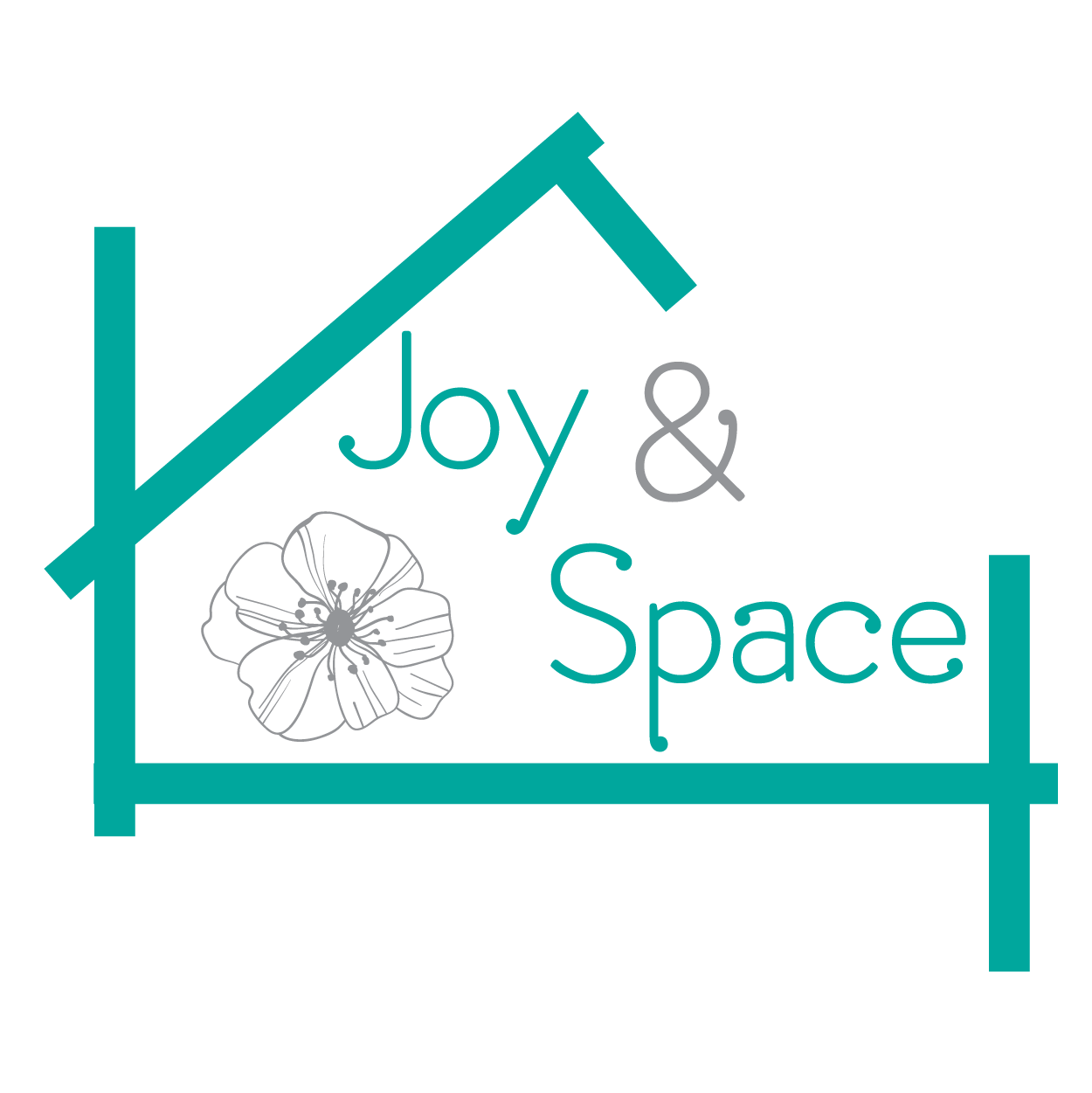Cultivating a mindset that sees the resources and opportunities surrounding us can be a challenging task. Especially if early experiences weren’t consistent with our current levels of success and support. The terms “scarcity mentality” and “abundance mindset” were coined by Stephen Covey. However, I view them from the lens of organizing rather than business.
Observing our beliefs regarding our sense of vulnerability, possessions, and locus of control can help us to understand our current mindset and to shift to a more abundant one. To go a little deeper, note how these beliefs are associated with our early experiences.
Beliefs Regarding Vulnerability
When you notice a change that will impact your life, how do you feel? What thoughts come up? After some initial trepidation, can you see some opportunities as a result of that change? The year 2020 has left many of us feeling vulnerable and unsteady. Take a moment to reflect on previous changes that you have successfully navigated. What skills and strategies can you use again to help you in this new situation?
Even if the changes won’t impact your safety and comfort, you might experience a sense of loss. When change comes your way, take a moment to express gratitude for the things you have to let go. Notice what comes into your life and home after you let go. It might not be another possession, but rather the time and space to focus on current goals.
Beliefs Regarding Our Possessions
What values do you hold about the instrumental value or usability of your possessions? Most of the clients I work with don’t enjoy ironing. However, most of them have an iron and an ironing board. If you had access to a very cheap ironing service, would you find as much value in your iron?
In addition to instrumental value, do your possessions have intrinsic value? Do they spark joy? (Unlike Marie Kondo, an iron and ironing board does not bring me joy.) Perhaps you don’t like ironing, but you have an iron that works beautifully, gliding over your clothes smoothly. Understanding the instrumental and intrinsic value of our things can help us to change our relationship with them.
As we shift towards living a life of intention, we choose to keep possessions that have both instrumental and intrinsic value. We notice that the items that add to our lives are both usable and speak to our hearts. Cultivating our sense of tokimeki (from the verb “tokimeku”) builds confidence in our decision making and allows us to shop and live more intentionally.
Per Kenkyusha’s Japanese-English Dictionary, Tokimeku has two definitions:
enjoy [be in] great prosperity; be prosperous; prosper; flourish; thrive; have one’s day; be powerful; be influential; be in power.
throb; palpitate; pulsate; pulse; beat fast.
Beliefs Regarding Locus of Control
Is it easy for you to recognize how your actions contributed to the successes in your life? How much of an impact do external factors have on those successes? Fostering an internal locus of control will allow you to see how your actions can positively impact the outcome you seek. It will also help you to notice the power of your thoughts. For example, one of the first steps to having a tidy home is believing that you can and will be tidy. Believing in your ability to change your home and life is the first step.
Mindset Affirmations
As you observe the beliefs above, notice when your thoughts are rooted in fear, guilt, or shame. Think about organizing and decluttering your space and write down what you think will happen from a voice of scarcity and fear.
Then, write down the opposite of those fears from a voice of joy, pride, and abundance. Use this list to create daily affirmations.
I hope the questions above will help you as you shift to an abundance mindset. If you have questions or would like my support as you learn to tidy your space and mind, contact me at Yuriko@JoyAndSpace.com or schedule a free phone consultation with me.
“We have more possibilities available in each moment than we realize.”
~Thich Nhat Hanh

